China's crackdown cost Apple $6 billion in iPhone sales last quarter

Apple's most important product, the iPhone, suffered a slightly larger than 8% year-over-year decline in revenue during the fiscal first quarter of 2023. As we told you earlier tonight, the $65.78 billion that the iPhone took in from October through December 2022 failed to reach or top Wall Street estimates calling for Apple to report iPhone sales of $68.29 billion.
China's COVID crackdown cost Apple $6 billion in iPhone sales last quarter
But according to 9to5Mac, Apple CEO Tim Cook said during Thursday's post-earnings release conference call that iPhone sales would have topped last year's revenue figure if it wasn't for those meddling kids. And by meddling kids, we mean the assembly line workers at Foxconn's Zhengzhou factory in China. This is Foxconn's largest iPhone factory in the country and produces the iPhone 14 Pro and iPhone 14 Pro Max.
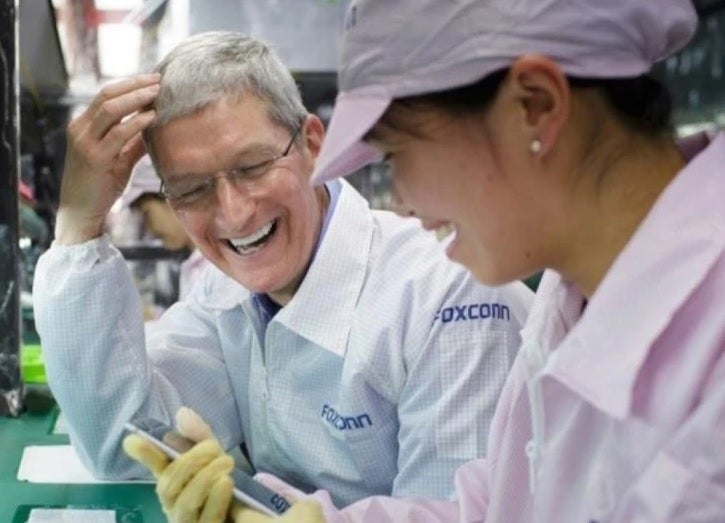
Did Foxconn just hire a familiar-looking assembly line worker?
When the Chinese government declared a crackdown on COVID, a large number of Foxconn employees managed to leave the campus as they weren't too keen on the rules imposed on Zhengzhou by the authorities. Foxconn also made things less fun by demanding that workers eat in their own dormitories instead of the communal dining room.
But this is where things got interesting. Foxconn suddenly had a shortage of workers assembling Apple's most expensive iPhone models and even Apple had to admit that consumers were going to have trouble finding the iPhone 14 Pro and iPhone 14 Pro Max during the holiday shopping season. The tech giant said, "We now expect lower iPhone 14 Pro and iPhone 14 Pro Max shipments than we previously anticipated and customers will experience longer wait times to receive their new products."
Eventually, Foxconn hired some replacements but after they accused the company of changing the terms of their contracts, violence erupted between the workers and security guards. As a result, Foxconn paid these new recruits the equivalent of $1,400 each to quit the company. Yes, the company that just weeks before had a shortage of workers was paying off new hires to get out of town. Literally.
The shortage of iPhone 14 Pro and iPhone 14 Pro Max models has been resolved
The shortage of iPhone 14 Pro series models cost Apple no less than $6 billion last quarter. Here's how you can figure this out. The difference between the revenue generated by the iPhone during last year's fiscal first quarter and this year's fiscal first quarter is $5.85 billion, close enough to $6 billion for this example. Cook said that if not for the problems at the Zhengzhou Foxconn plant, iPhone revenue would have topped last year's figure which was $6 billion more than this year's tally.
The good news for Apple is that the iPhone 14 Pro and iPhone 14 Pro Max shortages have been taken care of. Cook says that when it comes to iPhone 14 Pro series orders, Apple is "shipping to the demand." The CEO also said during the earnings call that despite the shortages of iPhone 14 Pro models, the iPhone "grew around the world." Sorry Tim, that's going to require some clarification.
"I don’t have the exact market shares in front of me but I think you would see that from a market share point of view that we grew around the world, last quarter, despite iPhone challenges we had on the supply side," said the executive. Ah! That clears it up. What Mr. Cook is saying is that the rest of the smartphone market worldwide performed worse last quarter than the iPhone did. As a result, Apple's market share actually rose during the quarter.
Here's an example. In China, during the fourth quarter, Apple's market share was flat at 20.6% even though it shipped 12.7% fewer phones in the country during the quarter. That means that the overall smartphone market in China saw shipments fall by 12.7%.
Apple also announced that it now has over 2 billion active devices which is up from the 1.8 billion it had last year. The higher this number goes, the more important the Apple Services business segment becomes to the company because it each new active device is potentially a new customer for Apple's subscription services.


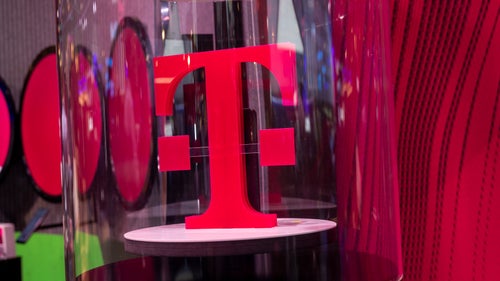
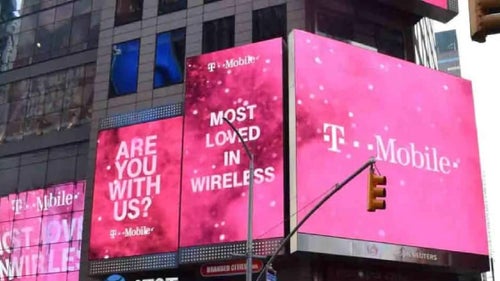
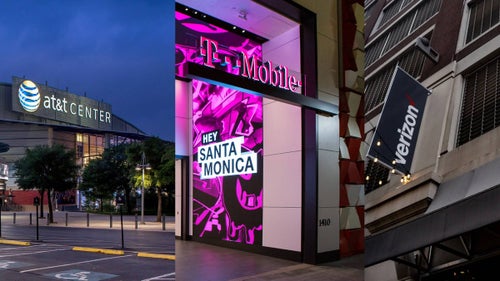
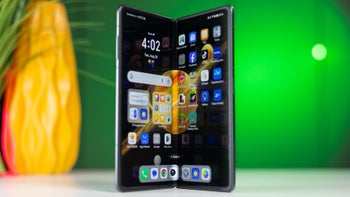
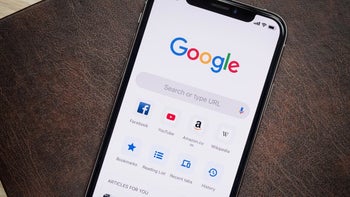




Things that are NOT allowed: